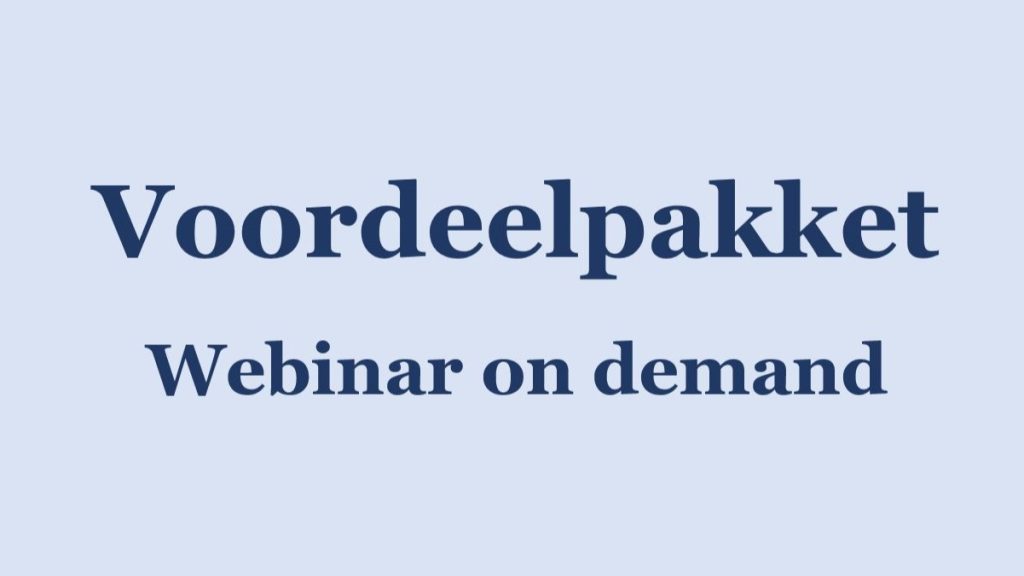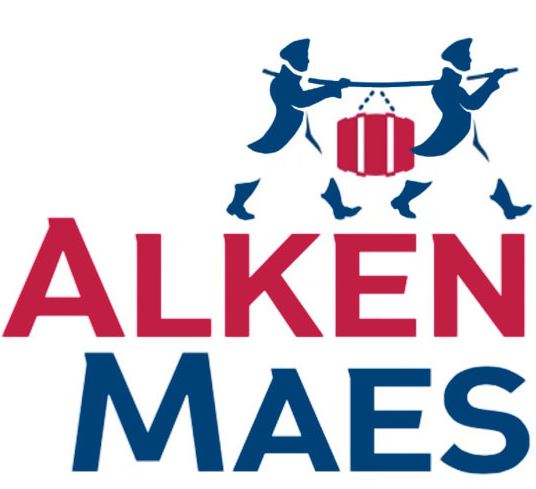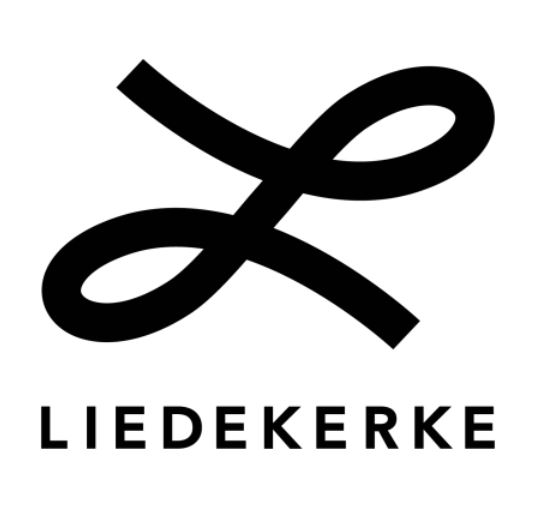Zekerheden: een update
aan de hand van wetgeving en rechtspraak
Mr. Ivan Peeters en mr. Philip Van Steenwinkel (Hogan Lovells)
Webinar op vrijdag 8 november 2024
Aandachtspunten bij het opstellen
en analyseren van ICT-contracten
Mr. Lynn Pype en mr. Liesa Boghaert (Timelex)
Webinar op donderdag 16 mei 2024
Woninghuur in Vlaanderen en Brussel:
het antwoord op 25 praktijkvragen
Mr. Ulrike Beuselinck en mr. Koen De Puydt (Seeds of Law)
Webinar op dinsdag 27 augustus 2024
Het nieuwe Boek 6:
de impact op de werkvloer
Mr. Chris Persyn (Cautius)
Webinar op donderdag 4 juli 2024
Aansprakelijkheid van hulppersonen
in en buiten de contractketting.
Een analyse in het licht van Boek 6
Prof. dr. Ignace Claeys en mr. Camille Desmet (Eubelius)
Webinar op vrijdag 30 augustus 2024
Ondernemingsstrafrecht:
wat wijzigt er door boek I en boek II van het Strafwetboek?
Mr. Stijn De Meulenaer (Everest)
Webinar op dinsdag 11 juni 2024
COVID-19: Electronic Conclusion of Contracts and E-Signatures in Belgium (K&L Gates)
Authors: Jeroen Smets, Charlotte Stynen and Patrice Corbiau (K&L Gates)
Publication date: 27/04/2020
Concluding contracts and getting documents executed in a timely and correct manner often presents some practical difficulties. Coronavirus (COVID-19) measures, including postal service delays, provide businesses with an extra challenge in order to get agreements and other documents executed.
Fortunately, Belgian law offers some options regarding the electronic conclusion of agreements and e-signing. Some of these options may not be as advantageous as others, and the manner of conclusion one opts for might have consequences regarding the burden of proof in case of disputes. The electronic conclusion of contracts also comes with some additional obligations (especially in B2C relationships) that should be taken into account.
Below, we have listed some of the possibilities, as well as their legal standing, taking into account the new evidence regime of the Belgian Civil Code (hereinafter the Civil Code) and the recent amendment of the Belgian Code of Economic Law (hereinafter the Code of Economic Law) under European impulse HDK-not sure what impulse is.
THE VALIDITY OF ELECTRONIC CONTRACT CONCLUSION AND E-SIGNATURES UNDER BELGIAN LAW
The electronic conclusion of a contract is, in accordance with the Code of Economic Law, considered valid for any act or contract. However, courts may exclude those acts or contracts that (i) involve a transfer of real estate, (ii) require the intervention of the court / authority / professional charged with a public function (such as a notary), (iii) provide collateral or personal securities and (iv) relate to family or inheritance law. In order for the court to reject a contract in one of the aforementioned case, the law requires “practical impediments” to the electronic conclusion of the contract. This will be the case in certain, rather exceptional circumstances, when it is found that the legal requirements for the conclusion of a contract, such the verification of the signing capacity of the parties, are impeded in the electronic environment.
Both the Code of Economic Law and the Civil Code recognize the possibility for agreements and other documents to be signed electronically.
DIFFERENT KINDS OF ELECTRONIC SIGNATURES
When thinking about the options of signing remotely, different options come to mind. These options can be divided into three different categories;
- First, there is the “standard” e-signature, for example a scan of a signed hard copy or an e-mail signature.
- Second, we have the “advanced” e-signatures, that offer the following guarantees:
- They are unambiguously attributable to the signatory;
- They allow for the identification of the signatory;
- They are created using data that the signatory can use under its exclusive control in a trustworthy manner; and
- They are connected to the related data to which it relates in such a way that any subsequent changes in the data are detectable.
Practical examples of advanced e-signatures include DocuSign and Adobe Sign.
- Finally, the “qualified” electronic signature is an advanced e-signature that, additionally, is created by a qualified e-signing device and is based on a qualified certificate, such as e-ID and Itsme.
THE LEGAL VALUE OF E-SIGNATURES
In principle, most Belgian agreements are considered validly concluded were there is consent between the parties on the essential elements of the contract. The expression of this consent can usually be chosen freely and is not subject to specific formalities (the Civil Law concept of consensualisme).
The formalities regarding electronic conclusion or signing of an agreement therefore mainly concern the validity of the evidence of the conclusion and signing of agreements.
The new dispositions of the Civil Code on evidence now explicitly accept digital evidence such as e-mails and text messages. This means that courts are not allowed to refuse documents in evidence only because they are in electronic form. While previously electronic data such as e-mails, text messages, etc. were often considered as a “beginning of evidence”, they are now considered evidence themselves that, in certain cases, can prove consent on the essential elements of the contract and thus its existence.
However, the burden of proof will shift depending on the method used for signing. Qualified e-signatures are presumed to be valid until proven otherwise. Their legal value is equal to that of an original handwritten signature. For other methods of signing (advanced and standard e-signatures), the person or entity that wishes to prove the validity of such signatures, in case of a dispute, will have to prove that the signature can be attributed to the signatory and that the integrity of the content of the signed document is ensured.
ADDITIONAL OBLIGATIONS TO TAKE INTO ACCOUNT WHEN CONCLUDING AGREEMENTS ELECTRONICALLY
The Code of Economic Law imposes some additional requirements for electronic contracts offered by service providers that are active online. Note that this legislation is mainly intended for B2C contracts, and that the Code of Economic Law explicitly provides for the possibility to deviate from the applicable regime in a B2B context.
Before its user places an order online, every service provider needs to put at the disposal of the user:
- The languages in which the contract can be concluded;
- The required technical steps to conclude the agreement;
- The technical means offered to the user to review and correct information before ordering; and
- The terms of the archiving process and the possibilities of access, if applicable.
After receipt of the order, the service provider must immediately acknowledge receipt and provide a summary of the order.
Another element to take into account is that, in a B2C context, seller or the service provider must provide the consumer with the details of the electronic agreement on a ‘‘durable medium’’. According to European case law, such a durable medium is usually defined as an instrument which enables the recipient to store information addressed personally to him, in a way accessible for future reference for an adequate period of time and which allows the unchanged reproduction of the stored information.
CONCLUSION
Belgian law offers several possibilities to validly conclude and execute most contracts electronically. The preferred method of signing and possible additional requirements will depend on the value of the contract, the means at the parties’ disposal, the risk of the validity being disputed, and the capacity of the other party (business / consumer).
» Bekijk alle artikels: Handel & Consument, Verbintenissen & Goederen, Verzekeringen & Aansprakelijkheid



















